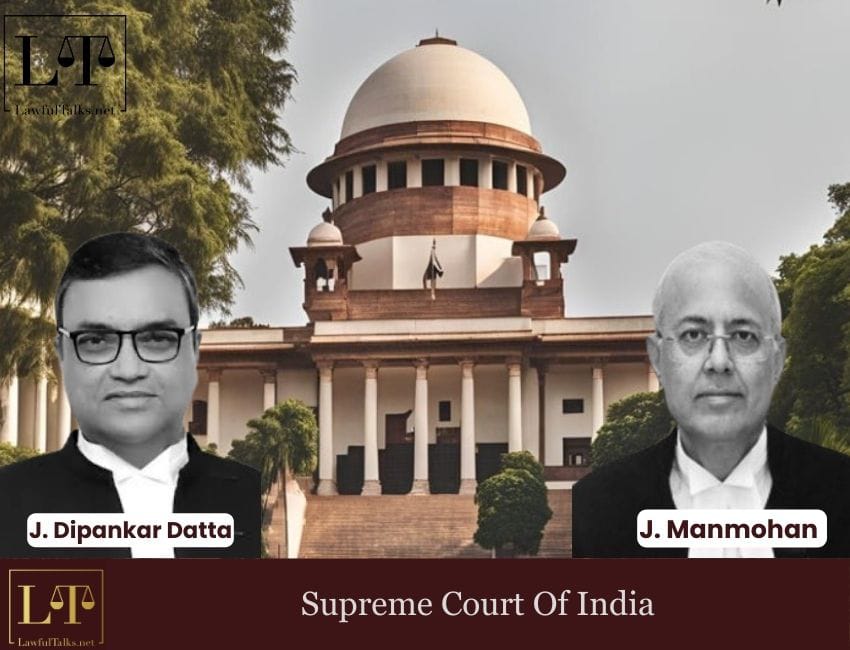Allahabad HC Sets Aside Afzal Ansari's Conviction, Allows Him to Continue as MP

In a significant ruling, the Supreme Court underscored the challenge of securing government jobs in India, observing that even after decades of independence, the dream of public employment remains out of reach for countless eligible candidates.

The bench of Justice Dipankar Datta and Justice Manmohan, while delivering the judgment, lamented the stark reality stating “While there is no dearth of eligible candidates waiting in the queue, the quest for public employment is thwarted by a lack of sufficient opportunities.” The Court’s remarks came as it upheld the Patna High Court’s decision to strike down a Bihar government rule that allowed hereditary appointments for chaukidars (village watchmen), terming it unconstitutional.
The case centered around Proviso (a) to Rule 5(7) of the Bihar Chaukidari Cadre (Amendment) Rules, 2014, which permitted retiring chaukidars to nominate their kin for the same post. The Patna High Court, in its impugned judgment, had declared this provision violative of Articles 14 and 16 of the Constitution, which guarantee equality and equal opportunity in public employment.
Notably, the constitutional validity of the rule was not formally challenged before the High Court. The appellant, Bihar Rajya Dafadar Chaukidar Panchayat, a trade union representing chaukidars, argued that the High Court overstepped its jurisdiction by suo motu striking down the rule without a direct challenge.
Rejecting this contention, the Supreme Court held that the High Court acted within its powers to safeguard constitutional values. “When a party seeks enforcement of a rule that is patently unconstitutional, it would be absurd to expect them to challenge its validity,” the Court observed. It emphasized that the Division Bench, confronted with a rule that blatantly perpetuated hereditary public employment; a practice long deprecated by precedent, was duty-bound to intervene.
The judgment also elaborated on the writ courts’ inherent authority to act as sentinels of fundamental rights. “In rare and exceptional cases, where a subordinate legislation egregiously violates constitutional principles, the courts must step in, even suo motu, to prevent injustice,” the bench stated.
The bench clarified that such power must be exercised sparingly, but the Bihar rule’s brazen disregard for merit-based appointments justified the High Court’s intervention. The Court further referenced recent cases like Manjit v. Union of India (2021) and A. Nishanth George (2022), where similar schemes favoring relatives of employees were quashed as backdoor entries.
Ultimately, the Supreme Court dismissed the appeal, affirming that the High Court’s decision aligned with constitutional ethos. “Public employment cannot be a heritable privilege,” the bench concluded, reinforcing the principle that equal opportunity must remain the cornerstone of governance.
Case Title: BIHAR RAJYA DAFADAR CHAUKIDAR PANCHAYAT(MAGADH DIVISION) vs. STATE OF BIHAR
Advocates For Petitioners :Gopal Sankaranarayanan, Liz Mathew, N.K. Mody, Ishita M Puranik & Ors.
Advocates For Respondents : Azmat Hayat Amanullah, Rebecca Mishra, Alok Kumar Sinha & Ors.




















































































































































































































































































































































































































































































































































































































































































































































































































